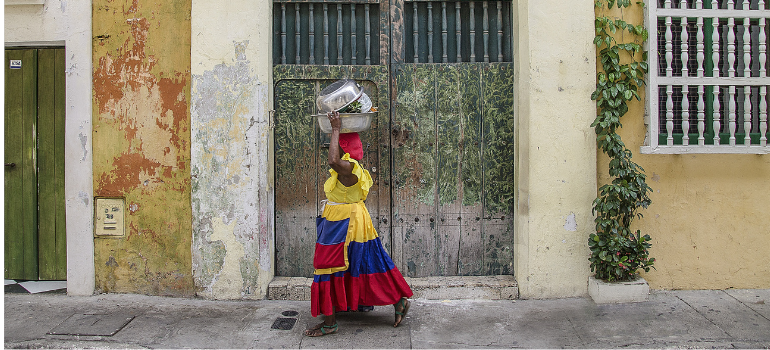CETIM focuses on the promotion and implementation of economic, social and cultural rights (ESCR). They are the backbone of human rights and a powerful tool for achieving a self determinated development model by peoples. This is particularly true for the most vulnerable and marginalised populations. Properly implemented, these rights contribute to the respect for human dignity and to the achievement of social justice. On the contrary, the violation of any of them can jeopardise the enjoyment of all the others.
The universality, indivisibility and interdependence of human rights are enshrined in international instruments. Yet, we are still a long way from their effective implementation for all, and ESCR are among the worst off. Indeed, the basic needs (food, water, health, housing, education) of a third of humanity are still not being met. In some respects, the situation has even deteriorated, including in the countries of the North. This is due to the fact that the policies adopted at economic level accentuate ESCR violations and cause
– increased poverty
– growing inequality across the world
– multiple crises (political, economic, financial, environmental, social and cultural).
By definition, human rights are designed to protect citizens from the arbitrary actions of the most powerful and their governments
The international health crisis linked to COVID-19 has only exacerbated this situation. It has also shown the importance of implementing public policies based on ESCR. In particular, the right to health, the right to housing, the right to food, the right to water, the right to work, the right to education and the right to social security.
But for human rights to be better respected, they must be known, they must be demanded and they must be enforced. However, victims are often unaware of their rights and of the mechanisms available to them for appealing (at national, regional or international level). States, which have an obligation to inform and educate their citizens about human rights, often fail in their duties.
The role played by civil society organisations and social movements in human rights education and training is therefore crucial
– to denounce human rights violations
– to contribute to the implementation of existing standards.
HUMAN RIGHTS COUNCIL 50th session 13 June – 8 July 2022 Civilians in North and East of Syria are suffering from long war impacts and human rights violations in the context of situations of military occupation, which are mainly the result of a proxy war in the form of foreign armed presence. Read the CETIM’s […]
Continue reading
As an association acting as an interface between partner organisations and the UN international system, CETIM has continued to make use of the UN’s mechanisms for the protection of human rights in relation to different situations and specific violations. Here are some extracts. Repression, racism et rights violations of indigenous communities in Bogotá CETIM and […]
Continue reading
PRESS RELEASE Geneva, Bern, Bogotá, 7 April 2022 – CETIM and Z-Dok.org, in collaboration with representatives of indigenous communities in Colombia, have filed a complaint with various United Nations human rights mechanisms. This process aims to denounce the repression, racism, and violations of the rights of the indigenous communities settled in the Bogotá National Park. […]
Continue reading
PRESS RELEASE Geneva, March 24, 2022 – For more than three years, the activities of the French multinational firm Total in Uganda have prevented hundreds of thousands of people from cultivating their land, denying the rights of the communities to work, food, dignity, and life. The origin of the problem lies in the implantation of […]
Continue reading
HUMAN RIGHTS COUNCIL 49th session 28 February – 1 April 2022 The right to water of the Syrian population, and in particular of the peasant communities who depend on it for agriculture, is systematically violated in the framework of the military occupation of the territory by Turkey and pro-Turkish militias. Read the CETIM’s written statement
Continue reading
« Previous
1
…
5
6
7
8
9
…
34
Next »




